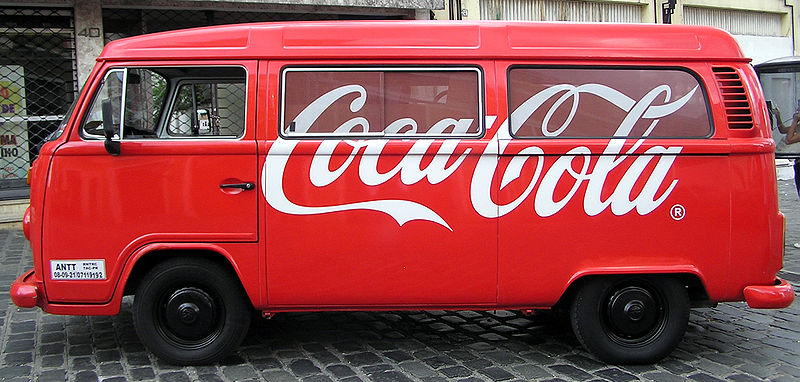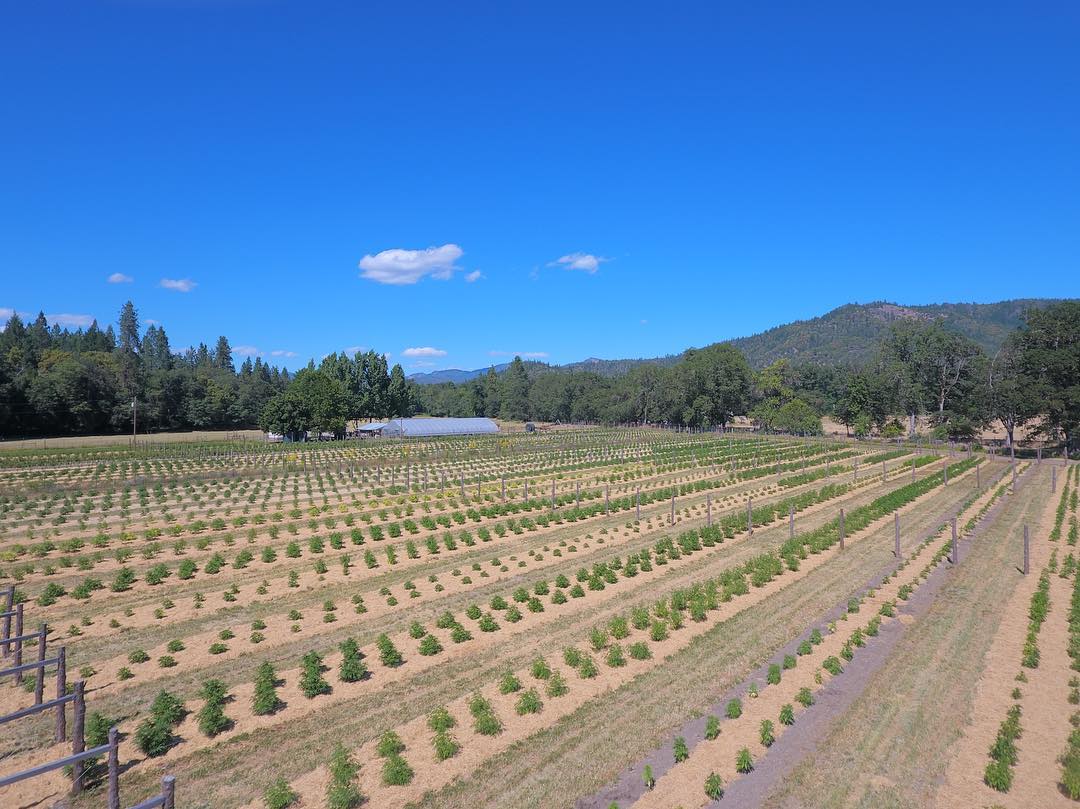
A small number of seizures and closures of CBD businesses have occurred in some localities and state within the last week.
Municipalities and states have applied partial or specific restrictions and disciplines on CBD sellers, in moves that show the dangers of such overreach into the affairs of consumers and those who are willing to offer them goods and services.
In New York, the Fat Cat Kitchen had $1,000 in CBD inventory seized and was forced to discontinue its hemp-based offerings. [1] In Ohio, several vendors of CBD products have been persecuted by both the Ohio Department of Agriculture and the Cincinnati Health Department. [2] In Maine, state health officials ordered all CBD products off the shelves. [3]
These developments cast a dark shadow over the state of the hemp industry, where an increasing number of curious customers are using CBD for anxiety, pain relief, and epilepsy.
Those that find these products life-changing and helpful can only be harmed by these crackdowns, especially given the mixed messages they are receiving from state and local governments.
In December, the 2018 Farm Bill redefined hemp and hemp products as agricultural goods, liberalizing them from the former ‘drug’ label they bore previously. This was reasonable, as hemp is a textile that can be used in clothes and plastics, and certain derivatives like CBD don’t get the user high like THC cannabinoids do.
The uses of CBD are well-recognized both by loyal fans and by the clinical trials where they’ve been allowed, particularly in Europe. In a January report to the United Nations, the World Health Organization’s Export Committee on Drug Dependence recommended hemp and CBD should be removed from their internationally scheduling as drugs. [4]
In the places where the new anti-CBD measures have been implemented, it is peaceful business-owners and willing consumers who are harmed.
According to New York Eater, owner of the Fat Cat Kitchen, C.J. Holm said the regulators who seized her CBD food products couldn’t even show that they knew what CBD was. “The whole thing is not fair… What’s the law? You just closed down half my business.”
Cincinnati.com interviewed Kate Zaidan, who owns Dean’s Mediterranean Imports in Ohio, said she was forced to stop selling her CBD products. “The saddest thing is my customers no longer have access to something that was really helping them,” Zaidan said.
A recent Star Tribune column showcased the flowering CBD industry in Minnesota, including the industry-leading efforts of Nothing But Hemp. [5]
While currently there is little to no regulation of CBD products at the federal level, we must remain firm in the knowledge that peaceful people should be allowed to purchase the industry-verified, lab-tested and award-winning products they rely on.
CBD is legal. Adults should be allowed to purchase it. But that means advocates need to be strident and outspoken in their defense of this life-changing and promising young industry.
Sources
[1] https://ny.eater.com/2019/2/4/18207370/cbd-food-drink-illegal-nyc-department-of-health
[2] https://www.cincinnati.com/story/money/2019/02/04/local-cbd-products-under-scrutiny-for-food-safety/2766115002/
[3] https://www.wabi.tv/content/news/Edibles-with-CBD-now-illegal-in-the-state--505326201.html
[4] https://www.nothingbuthemp.net/blog/world-health-organization-brings-marijuana-rescheduling-recommendations-cbd-clarity-for-un
[5] https://www.nothingbuthemp.net/blog/the-star-tribune-s-jennifer-brooks-on-nothing-but-hemp-and-cbd-safety



























